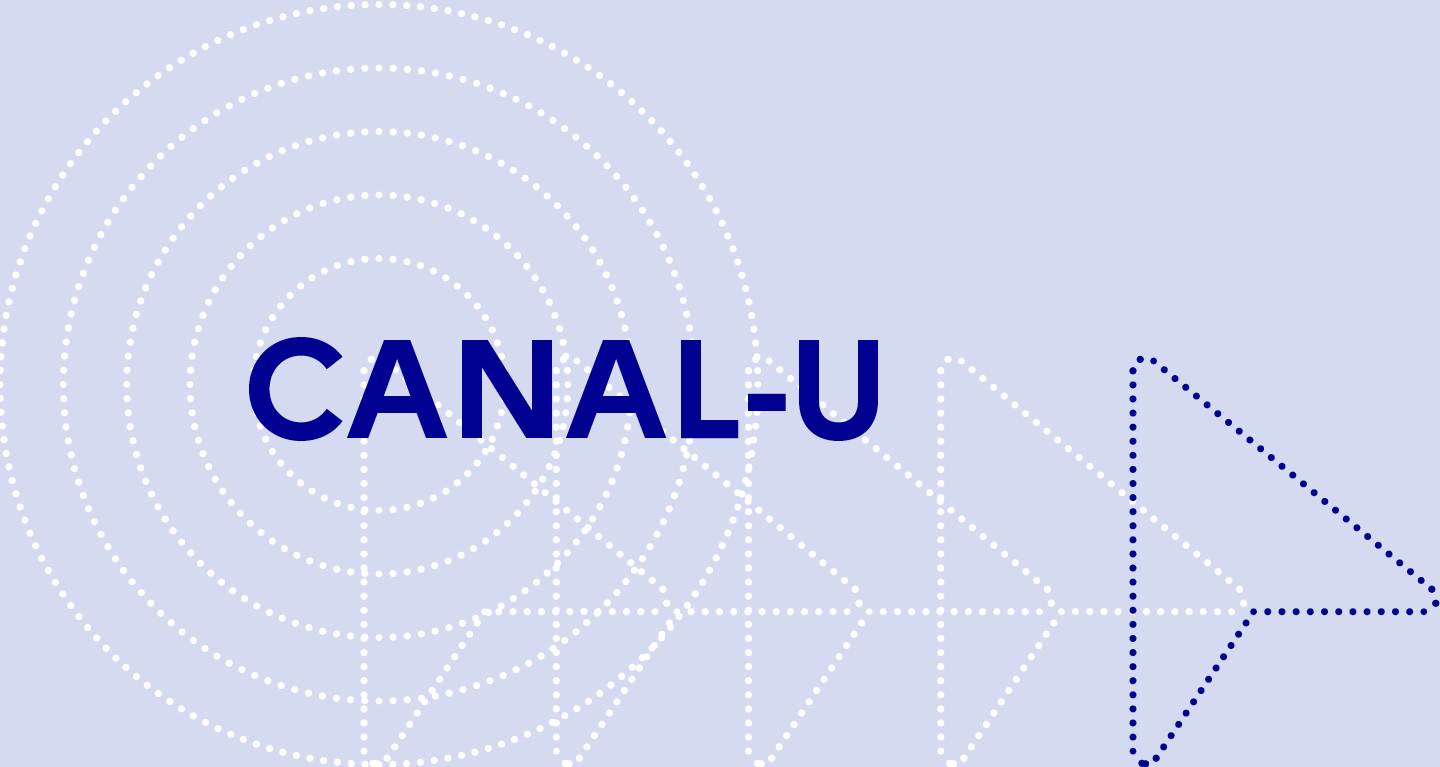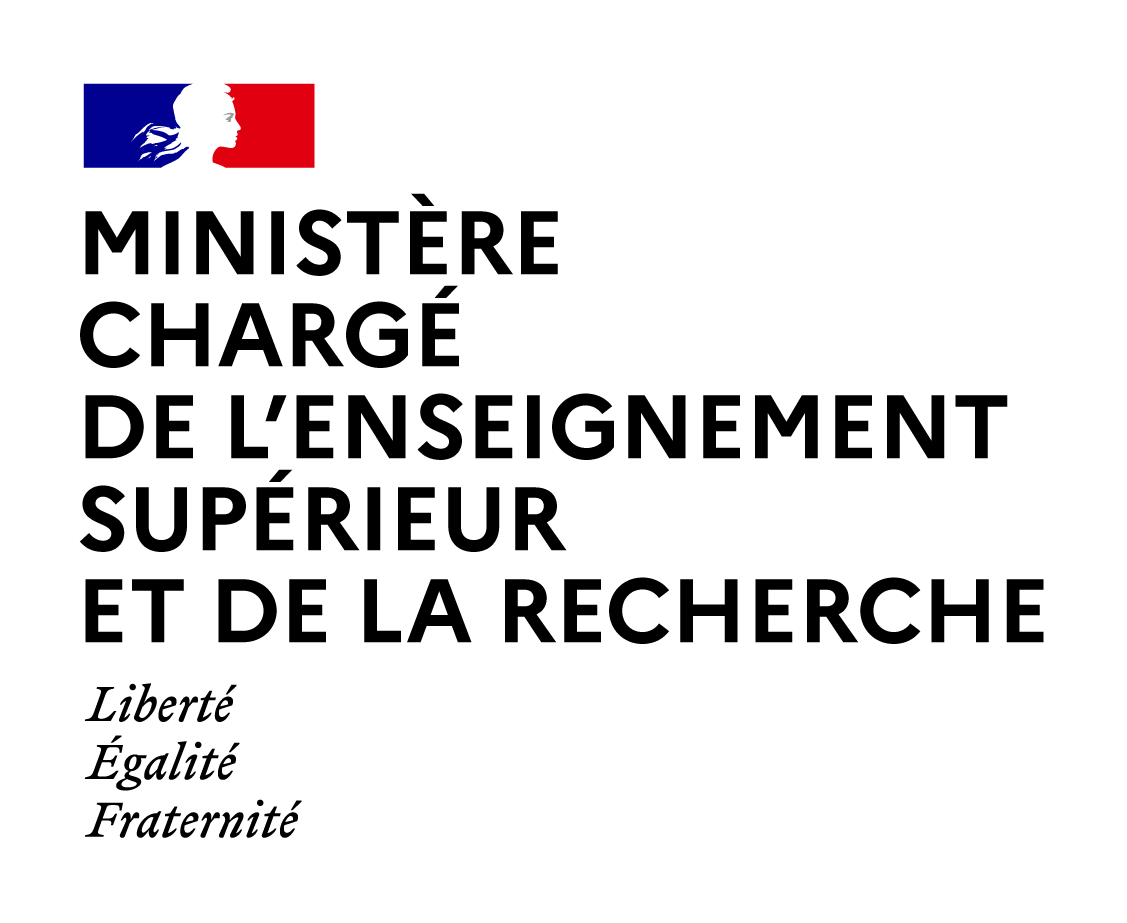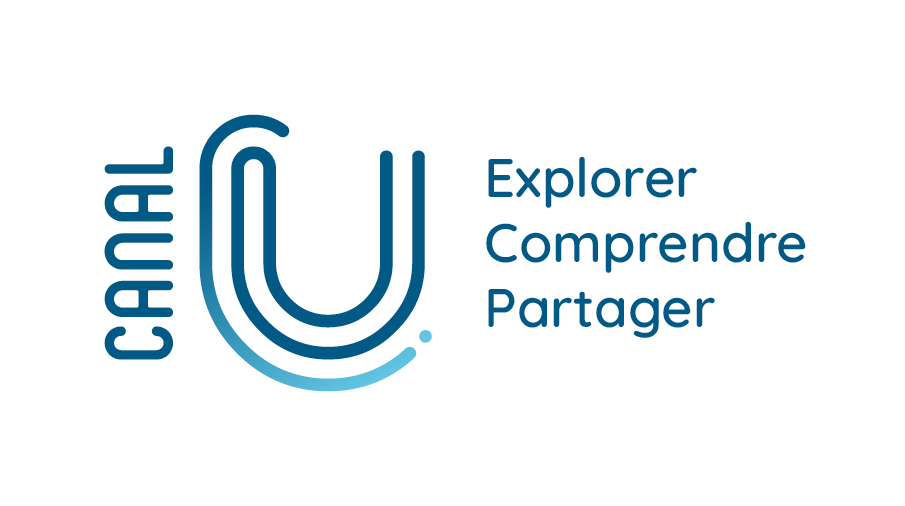
Sommaire
Collaboration entre universités et associations de promotion de langue des signes / Camille Dumat
Date de création :
09.06.2017Auteur(s) :
Camille DUMAT, Aurélia LE ROYPrésentation
Informations pratiques
Droits réservés à l'éditeur et aux auteurs. Tous droits réservés à l'Université Jean-Jaurès - campus Mirail et aux auteurs.
Description de la ressource
Résumé
Collaboration entre universités et associations de promotion de langue des signes / Camille Dumat, in "Agricultures urbaines durables : vecteur pour la transition écologique", colloque international organisé par l'École Nationale Supérieure Agronomique de Toulouse (ENSAT), l'équipe Dynamiques rurales du Laboratoire Interdisciplinaire Solidarités, Sociétés, Territoires (LISST) et le Centre d'Étude et de Recherche Travail, Organisation, Pouvoir (CERTOP) de l'Université Toulouse Jean Jaurès-campus Mirail, 6-9 juin 2017. * Cette communication est traduite en langue des signes française (LSF) par Aurélia Le Roy. Introduction: According to the research, university education and innovation players involved in the “Handiversité” project (2016), disability is a source of technological and social innovation. Moreover, 12 million French people have a disability (about 20% of the total population); the French act of 11 February 2005 on equal rights and opportunities, participation and citizenship of persons with disabilities, has therefore empowered all actors (both public and private) to integrate disabled people in the best way possible for all sectors of the company (CPU, 2012). But, in the French University, as the “autonomy law” significantly increased professional competitions, the sustainable teaching practices are sometimes difficult to promote (Blitman, 2016; Lemaitre, 2016; Dumat et al., 2015; Wright et al., 2012). In that context, the inclusion of students with disabilities is certainly an opportunity to promote ecological transition at the University. Material & Methods: This communication concerns the creation of teaching resources in French sign language (FSL) relating to urban agriculture (UA) considered as crucial to promote sustainable towns at the global scale (Dumat et al., 2016). This multidisciplinary subject concerns a wide public (students, citizens, politicians…) of all ages, with especially young children. Our pedagogical project was carried out by a multidisciplinary and multi-actor team: Universities (INPT, INSA and UT2J); Macadam-Gardens (http://macadam-gardens.fr/), an office of study in UA; associations for collective gardens (http://www.toulouse.fr/web/social/centres-sociaux) and UA (http://reseau-agriville.com/). English pedagogical resources from a MOOC initially created by Toulouse University and dedicated to industrial safety (www.safety-engineering.org; Master's Degree in Safety Engineering and Management in Module 3, Unit1 "Toxic Risks for the Environment") were reviewed and translated into SL. In the field, SL educational films were also produced for different urban agriculture sites in 2017. Moreover, a network of actors concerned by the creation of resources, their use and dissemination, was created and mobilized for this project. Results & Discussion: Daring to implement transdisciplinarity and innovate to promote sustainable conditions at the global scale is as much the objectives of sustainable UA (social connection, inclusion, reduction of ecological inequalities), as the missions of university teachers. When creating educational resources on UA accessible to people with disabilities, the convergence of sustainable issues promotes synergies between the various actors, both for the creation and use of resources. Several posters, a glossary and films were made in FSL thanks to the work of an agricultural engineer student who mastered the SL in collaboration with a team of University teachers and UA professionals. The pedagogical resources are now in open access on several educational platforms (Agriville Network, Moodle INP-ENSAT and Ocelles-INSHEA) and will be used by different schools. Conclusions & Perspectives: The subject of UA is particularly relevant to the question of the accessibility of educational resources, since children are very interested in this theme, and for deaf children only few SL resources are available. Developing pedagogical practices that promote the autonomy of graduates is a fundamental issue for teachers in University. This is why it’s important to increase collaborations between university teachers to share teaching experiences and co-build resources widely accessible to all the students. Educational resources in digital format can be modified to be widely accessible (Moreau et al., 2013). Efficiency and pedagogical innovation, are so many challenges for teachers to create synergies and to benefit of the social dynamic induced by the highly motivated students with disabilities. Even if the ability to improvise is essential for trainers to adapt their teaching practices to students (whether disabled or not). Finally, as the SL requires to define precisely, detailed and illustrated by examples the concepts, this could have applications in the development of “big-data” since one of the locks identified is the question of the semen in a context of inter-sciences (ESOFS-2018).
"Domaine(s)" et indice(s) Dewey
- Enseignement supérieur - France (378.44)
Domaine(s)
- Savoir, enseignement, recherche scientifique
Intervenants, édition et diffusion
Intervenants
Édition
- Université Toulouse-Jean Jaurès-campus Mirail
Diffusion
Document(s) annexe(s)
- Cette ressource fait partie de
Fiche technique
- LOMv1.0
- LOMFRv1.0
- Voir la fiche XML




